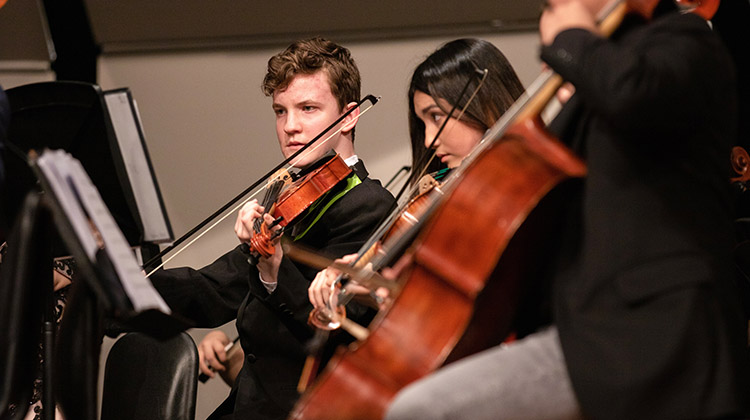The Importance of Extra-curricular Activities to Enhance Student Outcomes

Most educational outcomes are measured using metrics that reflect student academic performance, and increasingly leadership and teaching performance. A range of factors that influence student outcomes have been identified by national and international studies. Hattie's (2009) influential meta-analyses highlighted the effect and value that is added when students participate in extra-curricular activities. More recent studies have identified the development of pro-social behaviours through participation in extra-curricular activities such as, volunteering and community services.
The 21st Century Learning and Innovation skills including critical thinking and problem solving can be applied in real world extra-curricular learning. Character and life skills such as creativity and innovation engage student learning and enhance important skills of communication and collaboration. Extensions to classroom programs of maths, science and technology can be extended and enriched by supporting extra-curricular activities. These activities develop teamwork, communication, relationship skills and a sense of belonging, all of which help students to develop socially and be successful in school.
School leadership that seeks to engage students more deeply in learning will need to find the balance between formal learning and other productive activities. It is important to acknowledge that provision of activities outside formal curricula are limited in some contexts, scope and within budget. Systematic support differs between sectors and is an important consideration when planning extra-curricular activities. Socio-economic disadvantage significantly limits school ability and student participation in activities beyond the classroom.
Opportunities for regional, rural, and smaller schools are limited due to distance, access to facilities, unreliable and poor access to high-speed broadband. Metropolitan and larger schools can share resources and offer inter-school programs such as debating, specialist music, art, and drama activities at a reduced cost. Additionally, access to public transport and services more readily support these activities.
School connectedness supports the extension of learning between the home, school and within the community. Improved student outcomes are complemented with improved mental health, self-efficacy, goal orientation and self-regulation. Student outcomes are enhanced through the connections that grow between the home and school, and reduce risk-taking behaviours.
The regular pivots between online and face-to-face learning have resulted in new approaches to extra-curricula learning. Challenges were successfully overcome with the innovative use of digital tools. Students were presented with new opportunities to access specialist teachers and learning that supplemented school-based activities. Many opportunities for schools to provide digital access to extra-curricular activities are being realised, and many rural and remote students are enriching their learning.
Sporting events and school excursions are visible examples of activities outside the classroom. Students participate in sports to develop specific skills of that sport. This grows confidence, positive self-image and awareness. School trips that take students out of their community develop new ideas and fosters personality skills of patience and empathy towards others and how to interact in different contexts.
Extracurricular activities help children to develop their social skills and learn how to work in a team to achieve a shared goal. This provides students the opportunity to explore different areas of interest, increase self-confidence and build leadership skills.
The increasing range and diversity of extra-curricular activities are demonstrated by the ongoing refinement and provisions for student learning. School leaders are adding extra learning beyond system defined curricula, highlighting the value that is added to student outcomes. The growth in schools teaching the International Baccalaureate further demonstrate the importance of a mix of learning within and beyond the traditional classroom.
Extracurricular activities enhance student's social and emotional wellbeing. It allows students participating in these activities to get involved in group settings where they get to meet new people and interact with friends. These experiences enhance their communication skills.
The proposed revisions to the Foundation to Year 6 Australian Curriculum cloud the purpose and place of extra-curricular learning. While the national curriculum promotes a wide range through core learning, extra-curricula activities allow students to explore interests in more depth.
Learning isn’t something that only takes place within the four walls of a classroom. A tremendous amount of learning also happens outside of a classroom setting. Extra-curricular activities give students the opportunity to take learning from formal lessons into diverse activities, while acquiring new skills and learning new knowledge.
Image by Roxanne Minnish